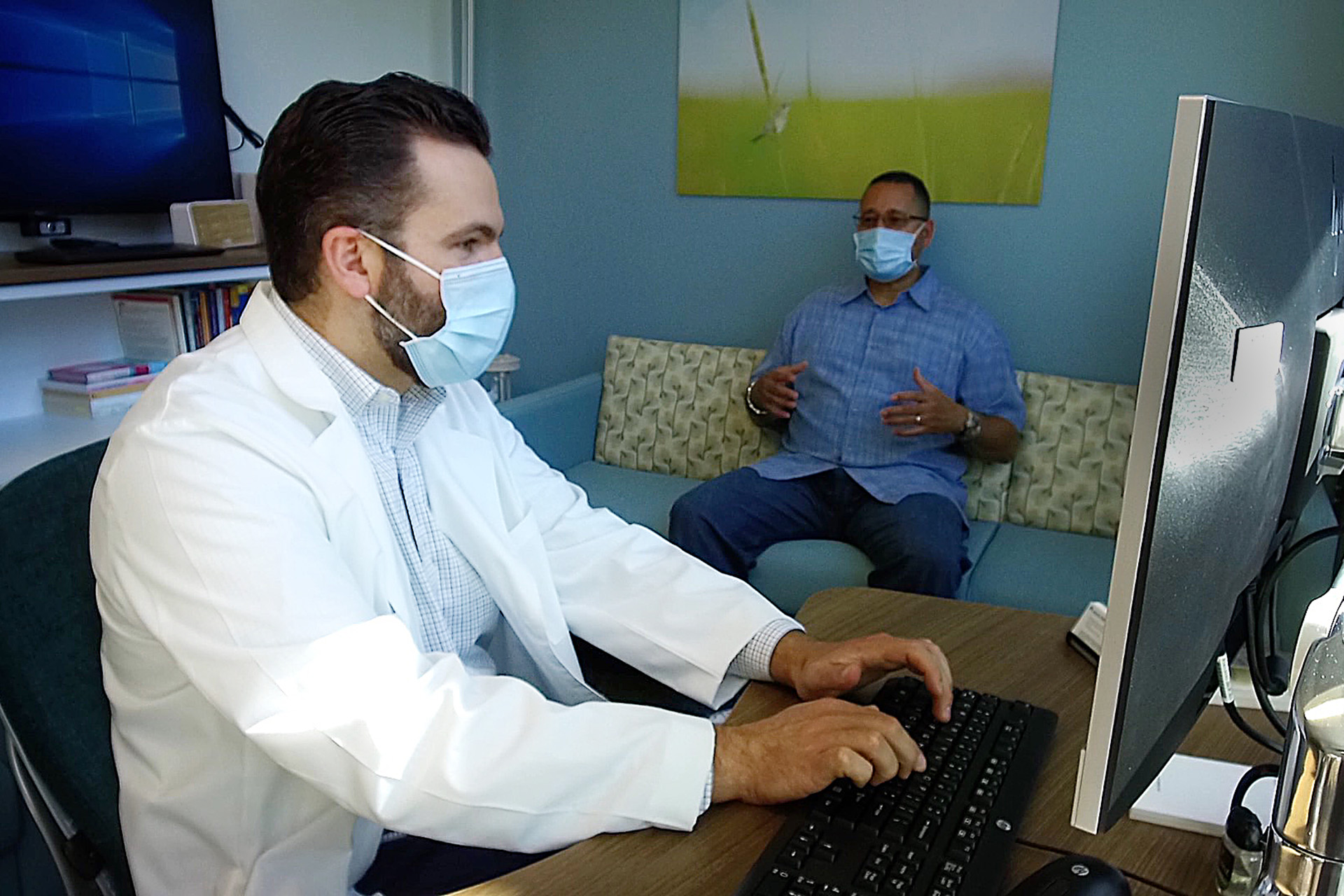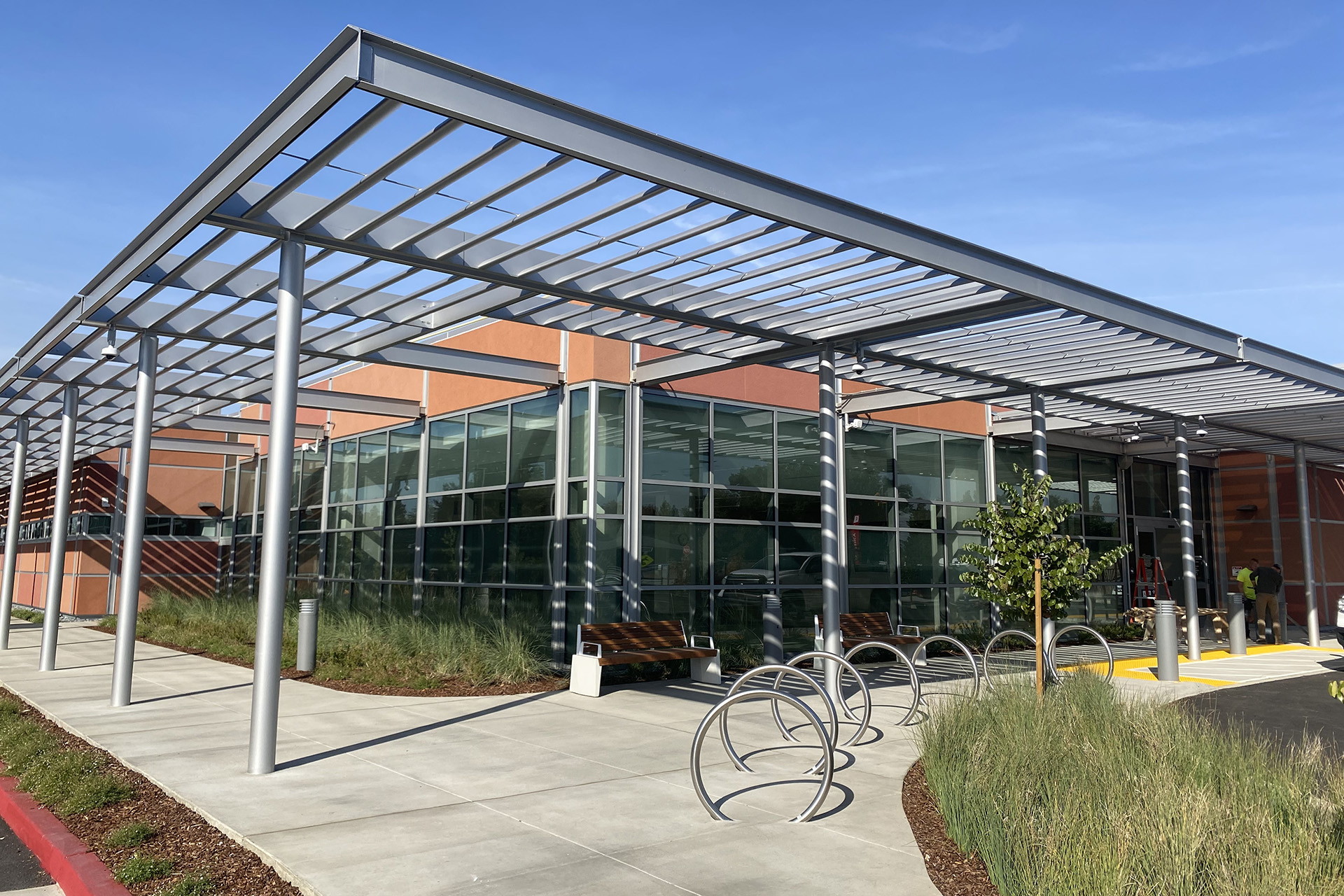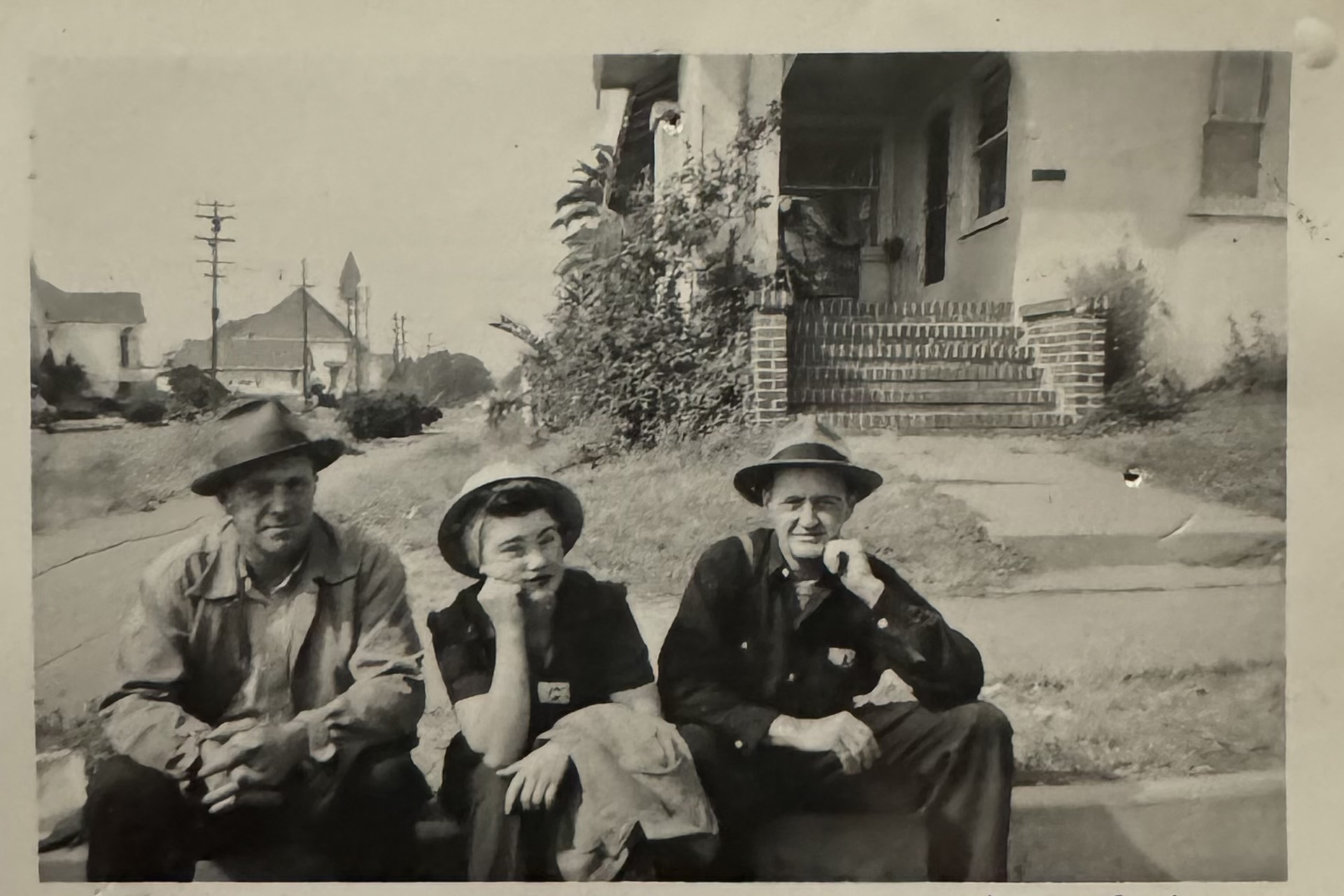Kaiser Permanente is welcoming Santa Cruz County members to new and modern mental health facilities in Watsonville and Scott’s Valley, and to expanded telehealth services countywide.
Both the Scott’s Valley mental health and wellness centers at 5617 Scott’s Valley Dr. and at 180 Westgate Dr. in Watsonville began welcoming members for some in-person care with social distancing and mask wearing at the beginning of July, said Rick Galvan, psychiatry manager for Kaiser Permanente in Santa Cruz County and a licensed clinical social worker.
Since 2017 when Kaiser Permanente began offering care in Santa Cruz County, the number of mental health providers has grown from 3 to 17 today, with plans to continue growing. Services include child and adult psychiatry, addiction medicine, and mental health therapists who are embedded in nearby primary care doctor’s offices.
The new Scott’s Valley office has 14 provider offices, 3 group treatment rooms, and a medical exam room used in addiction treatment. It also has a child therapy playroom where therapists can observe children and where parents using an earpiece while interacting with their children can get hands-on coaching from a therapist watching through a 1-way mirror.
An intensive outpatient program is offered for members coming from a hospital stay for mental health issues or as a hospitalization prevention measure.
“This is for members who may still need support a couple of times a week after they leave a hospital or to keep them from being admitted in the first place,” Galvan said.
“Video care has been really effective not just for social distancing, but it’s allowed us to reach patients we previously could not.” — Rick Galvan, psychiatry manager for Kaiser Permanente in Santa Cruz County
In Watsonville, Kaiser Permanente offers 7 provider offices with “pastoral, serene views of the hills that you can see while engaged in the therapeutic process,” said Galvan.
In addition to the new facilities, members continue to take advantage of convenient telehealth services that became invaluable during the COVID-19 pandemic, Galvan said.
“Video care has been really effective not just for social distancing, but it’s allowed us to reach patients we previously could not,” said Galvan. “Students at California State University Monterey Bay to the south, for example, are a large part of our treatment population. A lot of them don’t have cars, so with telehealth, we are able to reach that group. But telehealth also benefits the elderly and disabled who don’t drive. Practically everyone has some sort of electronic device, so access to care is at their fingertips.”
As more people shun the stigma of seeking mental health care, the demand will continue to grow, said Jake Roth, MD chief of psychiatry for Kaiser Permanente in San Jose and Santa Cruz County.
“This is true across the country, and is no exception in Santa Cruz County,” Roth said. “We are incredibly excited about our new facilities to help care for Santa Cruz County members when they are going through challenges in life.”





This Post Has 0 Comments